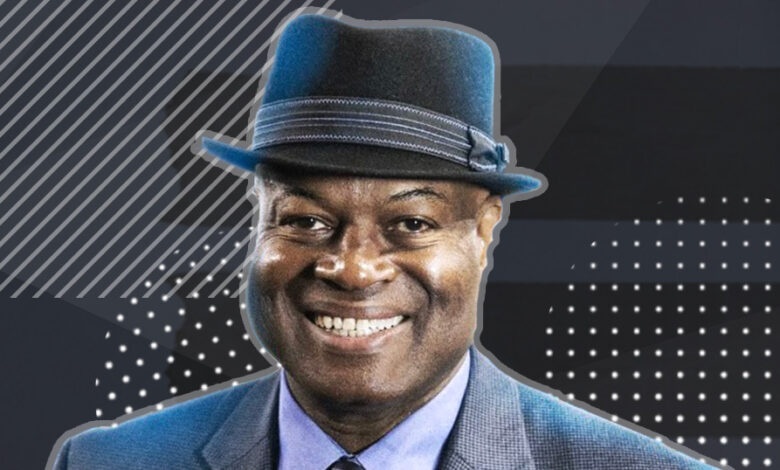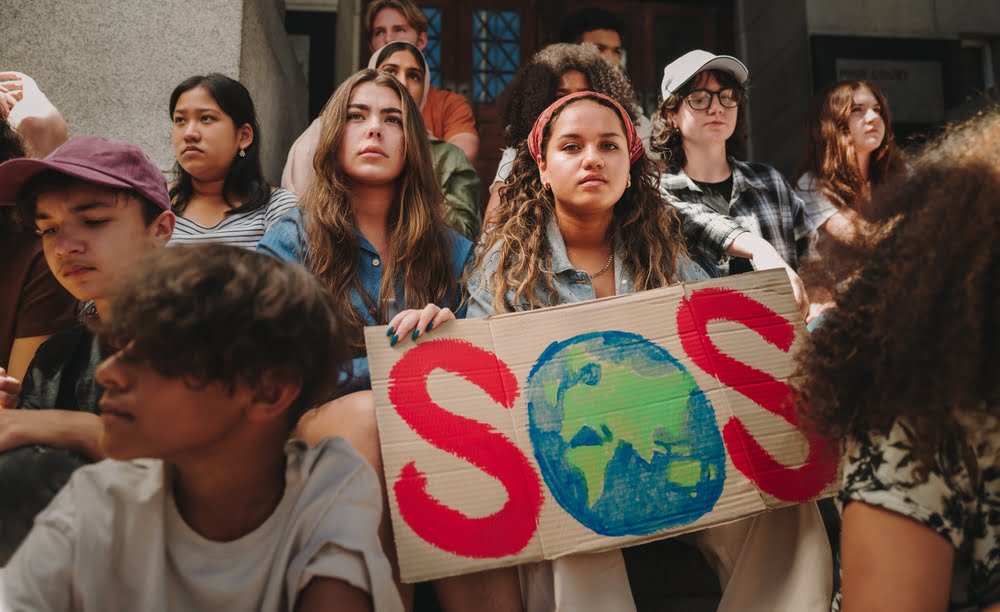‘That’s a short list, man’

Dave Sims has never needed a reminder of how rare his role is.
When he became the full-time voice of the Seattle Mariners in 2007, Sims joined an incredibly short list of Black play-by-play broadcasters in Major League Baseball history. Bill White, now 91, was the first to do it. Others like Ken Singleton, Paul Olden, and a young Greg Gumbel calling Yankees games on MSG, helped keep the door ajar, but the room never filled up.
“I mean, that’s a short list, man,” Sims told host Brandon Contes on a recent episode of the Awful Announcing Podcast.
Sims, now 72, never asked to be a pioneer. But when he got the Mariners job, he was told by multiple people to shake White’s hand and thank him profusely. He did just that. “Done,” he said.
Today, Sims is one of just a few Black voices in the booth. Robert Ford handles radio play-by-play for the Astros. Mike Claiborne has long been a fixture around St. Louis Cardinals broadcasts, working pre- and postgame but also getting significant play-by-play reps. Sims, who also calls Yankees games on the radio, is still a unicorn in a space that hasn’t meaningfully evolved in terms of representation.
He knew early on that if he didn’t make it to the big leagues as a player, there might still be a path forward in the game. Sims played Division III baseball at Bethany College in West Virginia and majored in communications. His media career began as a sportswriter at the New York Daily News, but he had already interned at the Philadelphia Inquirer through a national program in 1973. He returned the following year and then graduated in 1975.
From there, offers poured in. The Inquirer, the Chicago Daily News, and the New York Daily News all wanted him. Despite growing up in Philly, Sims jumped at the opportunity in New York. That decision would shape the rest of his career. He credits the legendary Dick Young for jumpstarting his path.
Still, the question lingers: Was broadcasting less attainable because of how few Black voices had made it?
“That’s a good question, but I never thought of it that way,” Sims said. “I jumped in.”
And stayed in. While Sims downplays the idea that he’s a trailblazer — “I don’t put on a coonskin cap or anything like that, carrying a long rifle” — he’s well aware of the impact he’s had.
“I’ve heard from so many young broadcasters, Black and white,” he said. “Especially for the Black guys who say, ‘Dude, it’s unbelievable. I want to be like you. Can we get together?’ And I’ve mentored guys over the years. Both Black and white.”
He’ll once again be behind the mic this Friday for the third annual HBCU Swingman Classic, an MLB All-Star Week showcase for top players from historically Black colleges and universities. The event was started by Ken Griffey Jr., who made one thing clear.
“Junior said, ‘Hey, as long as you want to do this game, you’re doing it. Alright?’ That’s the end of the story,” Sims said.
He sees it as a way to give back, to “pay this thing forward.” But how does baseball move toward better representation in the booth?
“Continued exposure of the game,” Sims answered. “Back in the mid-70s, mid-80s, it was a 20% plus number of African-Americans in Major League Baseball. Now, that number is down around 5-6%. And from all the conversations I’ve had over the last few years, travel ball is probably the biggest thing.”
To play elite-level travel baseball, Sims said, families are often on the hook for $15,000 or more each summer. That kind of pay-to-play model has priced out generations of kids, especially in urban communities where municipal leagues once served as the lifeblood of the sport.
“Growing up in Philly, you had the Philadelphia Rec Department. You had leagues everywhere,” Sims said. “If you had to pay $100 for the summer, that was a lot.”
Things have changed. But Sims is encouraged by a few recent trends. More African-American players are being drafted in the early rounds of the MLB Draft. Players like Christian Moore, a second baseman from Tennessee now with the Angels, are making noise on the national stage. And others, like Cincinnati Reds right-hander Hunter Greene, are already helping shape the future.
“Hunter Greene is one of my favorite guys; the Cincinnati Reds right-hander,” Sims said. “He totally gets it. He gives back every January, has kids out to his place in Arizona, and talks to them about how important education is, how important the game is.”
Greene isn’t alone, Sims added, just part of a generation trying to do things the right way.
“An absolute beauty,” he said. “And there’s a whole bunch of other guys, hopefully, on the come up.”
Sims didn’t set out to be a trailblazer, but the reality is, he is. And for the next generation of Black broadcasters, the path looks just a little less lonely because he kept showing up.
Listen to the full episode of the Awful Announcing Podcast featuring Dave Sims beginning Thursday, July 10. Subscribe to the show on Apple Podcasts, Spotify, and wherever you get your podcasts. For more content, subscribe to AA’s YouTube page.
Source link

